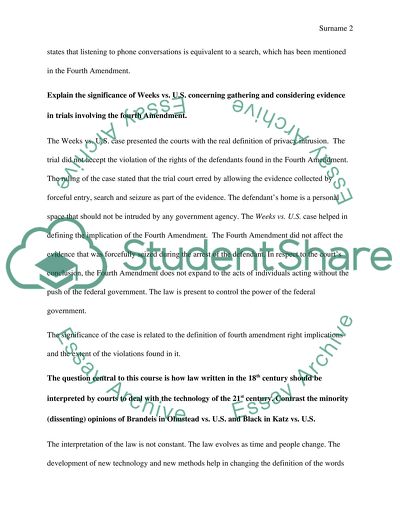Cite this document
(“Question 3&4 Assignment Example | Topics and Well Written Essays - 500 words”, n.d.)
Retrieved from https://studentshare.org/english/1665027-question-34
Retrieved from https://studentshare.org/english/1665027-question-34
(Question 3&4 Assignment Example | Topics and Well Written Essays - 500 Words)
https://studentshare.org/english/1665027-question-34.
https://studentshare.org/english/1665027-question-34.
“Question 3&4 Assignment Example | Topics and Well Written Essays - 500 Words”, n.d. https://studentshare.org/english/1665027-question-34.


